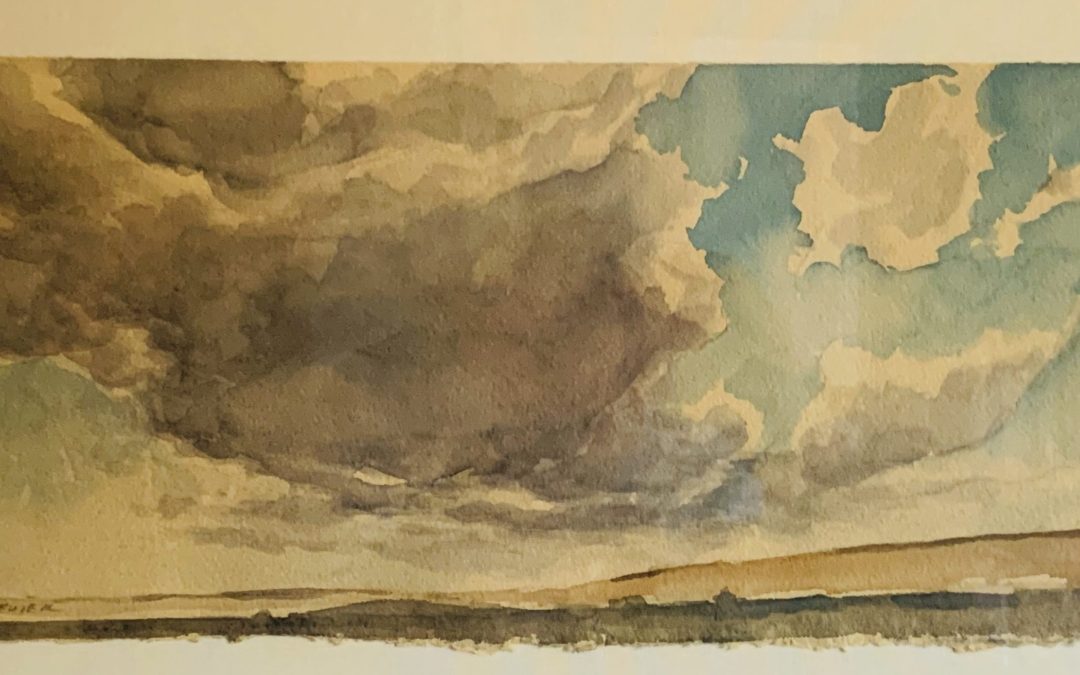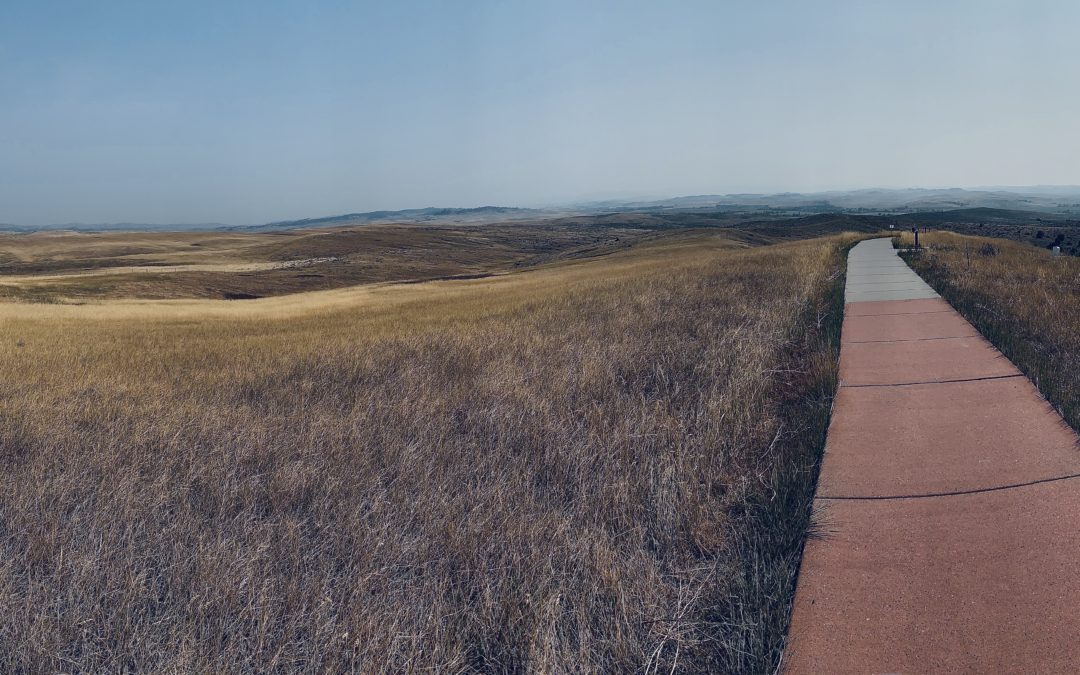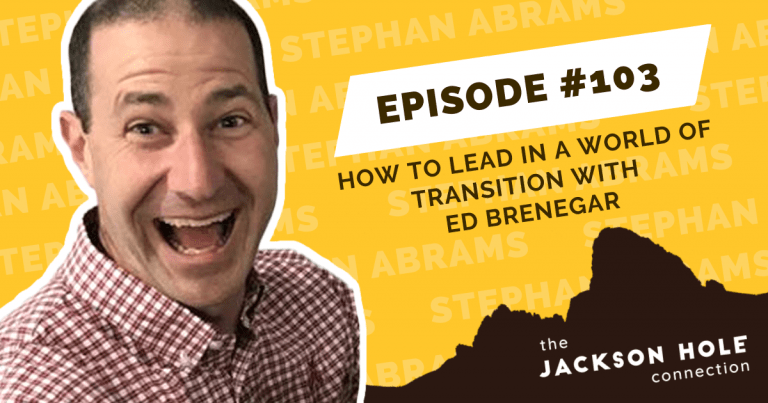
by Dr. Ed Brenegar | Oct 27, 2020 | Circle of Impact, Ideas, Impact, Relationships, Structure, Transition, Uncategorized
When a book or essay appears in print, it is never all that could be said. It is a distillation and essence of the whole topic.
For my short book, Where Did Trust Go?, the instigating moment was a question from a Nairobi businessman. He asked me following a presentation to his group last February,
“What are we to do about corruption in government and business?”
At that point in time, I did not have an answer. I do now. It is found in this little book.
Let me describe what I see that led me to write. Let’s look at this through the lens of the Circle of Impact in terms of three problems.

by Dr. Ed Brenegar | Oct 6, 2020 | Book, Circle of Impact, Ideas, Impact, Relationships, Structure, Transition
In September 2018, after Circle of Impact was published, I hit the road to promote sales of the book. I spent the next year talking to people standing in bookstores, sitting at bars, in laundromats, parking lots, and hotel lobbies. These conversations went something like this.
“Oh, so you are the author of this book?”
“Yes.”
“What’s your book about?”
“It is a book for people and organizations that are in transition.”
Then they would give me a surprised look and say, “Oh. … Well. … That describes me.”
Then a conversation would happen where they would tell me a story about who they are, their life experience, and why they felt they were in transition.
I found that people first feel that they are in transition. But they lack a way to talk about it. This feeling rises deep from within themselves. This is especially true if they have either worked in an environment described above where they are simply hired to perform specific tasks or have been out of the workforce for a while taking care of family needs, whether children or elderly parents.
Of all the ways that I could describe the book, speaking about transition resonated most significantly with people. This isn’t just personal. It is also something happening to our society, our communities, and every organization within it. It is a global reality felt at the most intimate level of our lives. It is also clear that some people are better suited or prepared to make transitions in their lives, while for others it is a very tough, hard experience.

by Dr. Ed Brenegar | Aug 27, 2020 | Circle of Impact, Community, Impact, Transition
Communities are under great stress. They are the places we live, work, love, and experience the full range of life. We each need to think deeply about our relationship to the place we live. Where do you participate? What is your contribution? What is the difference that matters that you make?
This is what Stephan Abrams a honored friend and I talk about on his podcast, The Jackson Hole Connection.

by Dr. Ed Brenegar | Aug 26, 2020 | Circle of Impact, Community, Ideas, Impact, Relationships, Structure, The Pressing Issues, Transition
We all live in a time of transition. It is different than just recognizing that change is happening. It is seeing that transition is a process along a path of change. The more we embrace the transitions that we are in, the more we can thrive in a time of uncertainty. The Transition Chronicles is an ongoing series of short books (5,000 to 12,000 words in length) that focus on various aspects of the transitions that we experience through the three dimensions of the Circle of Impact.

by Dr. Ed Brenegar | Jun 16, 2020 | Book, Circle of Impact, Community, Impact, Transition
All intentional change must begin with what we know. The line between what we know and what we do not know is a broad one. In that former is information, experience, and knowledge. On the other side of that dividing line is conjecture, opinion and the spectacle of the real*. Social media straddles those two ways of understanding. It presents the perspectives that suggests that because we have read a blog post or watched a video that we now have some definitive knowledge about something. Coming to know what you know is not a passive experience of absorbing other people’s knowledge or opinion. Instead, it is an active search for understanding on many levels. I want to show you the practice that I use to understand the world that surrounds me. In doing this, I hope to show you the difference between genuine knowledge and mere opinion. Why does this matter? When you know what you need to know, you are less susceptible to being manipulated by people who use ideologies as a wedge to divide people and communities.






